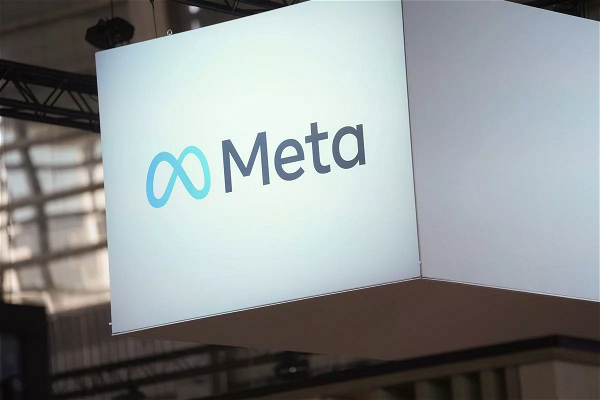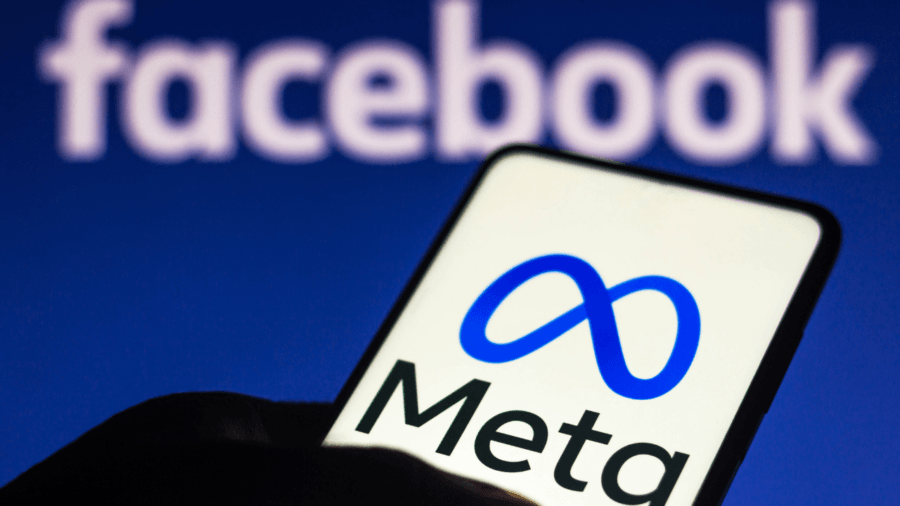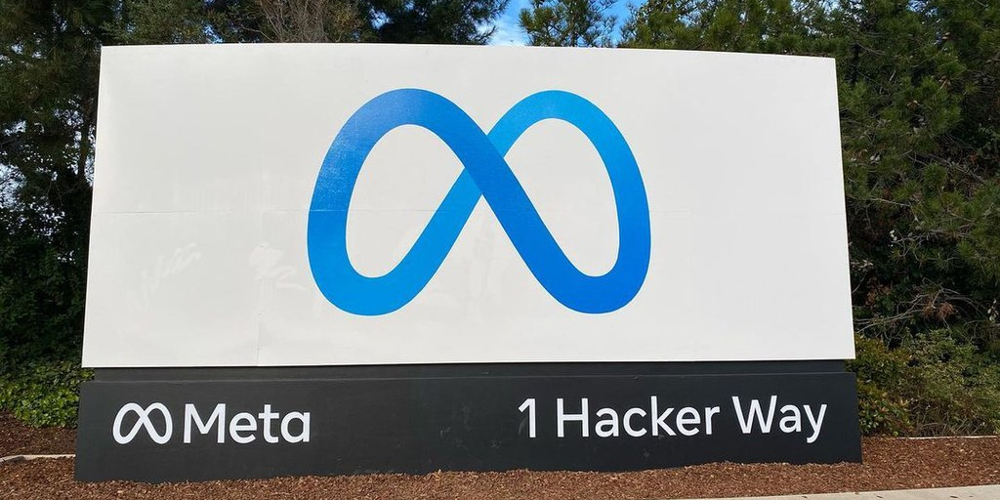Meta has stated that in April, it will discontinue Facebook News, its dedicated news tab on the Facebook platform, in the United States and Australia.

As a result, the social media behemoth will not negotiate new commercial agreements with publishers, effectively withdrawing from paying publishers in exchange for hosting their material. The move reignites a longstanding spat between Australia’s government and big tech over payments to publishers, demonstrating Meta’s growing willingness to abandon news entirely.
READ MORE: Meta Outage: Elon Musk Expertly Trolls Mark Zuckerberg’s Social Platforms
Facebook News debuted in the United States in 2019, as a distinct feed dedicated to news information in addition to the standard stream of content on Facebook’s home page. The News page features top stories vetted by Facebook’s dedicated team, as well as personalized content surfacing and access to news subscriptions linked to users’ Facebook accounts.
Facebook News eventually became a platform via which Facebook paid publishers for content. In 2021, Australia approved the News Media Bargaining Code, requiring tech companies that host links to news material to negotiate fees with publishers. Other governments throughout the world followed suit, drafting similar laws of their own. Meta and Google both used similar strategies. Instead of just accepting to broad payment agreements that included all news information shared through both platforms, they provided compensation in exchange for specialized content created for specific news products – Facebook News for Meta and Google News Showcase for Google.
However, Meta claims that Facebook News is not generating user engagement. According to Meta, the number of individuals using Facebook News in Australia and the United States has plummeted by more than 80% over the last year. “News makes up less than 3 percent of what people around the world see in their Facebook feed, and is a small part of the Facebook experience for the vast majority of people,” the firm said in a press release.

As a result of discontinuing this offering, the corporation will also cease payments to its publishers. Meta says it will honour its existing agreements with Australian news publishers, but the majority of these are slated to expire in 2024, according to Reuters. Similar accords in the United States, where Meta is not required by law to compensate publishers, have also expired. And in the years to come, Meta states that it “will not enter into new commercial deals for traditional news content in these countries and will not offer new Facebook products specifically for news publishers in the future” .
READ MORE: AI-Created Content On Facebook, Instagram, And Threads Will Be Labeled by Meta
Is there a return to news blocking?
Meta’s action will set up a new struggle between it and the Australian government.
During its inception, Meta strongly opposed Australia’s News Media Bargaining Code, even prohibiting all Australian users from posting any news information on the platform. The two eventually reached an agreement, since the government was pleased with Meta’s method of paying publishers for Facebook News material.

Now that Meta has abandoned this policy, the Australian government will consider its options. Meta says it will continue to enable people to share and see news on Facebook in the United States and Australia, implying that it wants to avoid imposing another news blackout. In doing so, it may be considered to be violating the news bargaining law.
It is not impossible that if the Australian government responds firmly and threatens fines or other penalties, Meta may return to censoring news content on the site. It has long claimed (rightly or erroneously) that it receives less than it pays to news producers. In the announcement of Facebook News’s closure, the company stated that it “continue[s] to invest in products and services that drive user engagement” in reference to the termination of publisher relationships, implying that these deals do not provide a return on investment for Facebook.
Publishers are also getting less out of Facebook and other social platforms than in the past, with many claiming decreased social traffic as a persistent issue. The question today for governments and regulators is whether they can continue to encourage companies like Meta to assist news publishers without driving social media platforms away from news entirely.
Radiant TV, offering to elevate your entertainment game! Movies, TV series, exclusive interviews, music, and more—download now on various devices, including iPhones, Androids, smart TVs, Apple TV, Fire Stick, and more.


